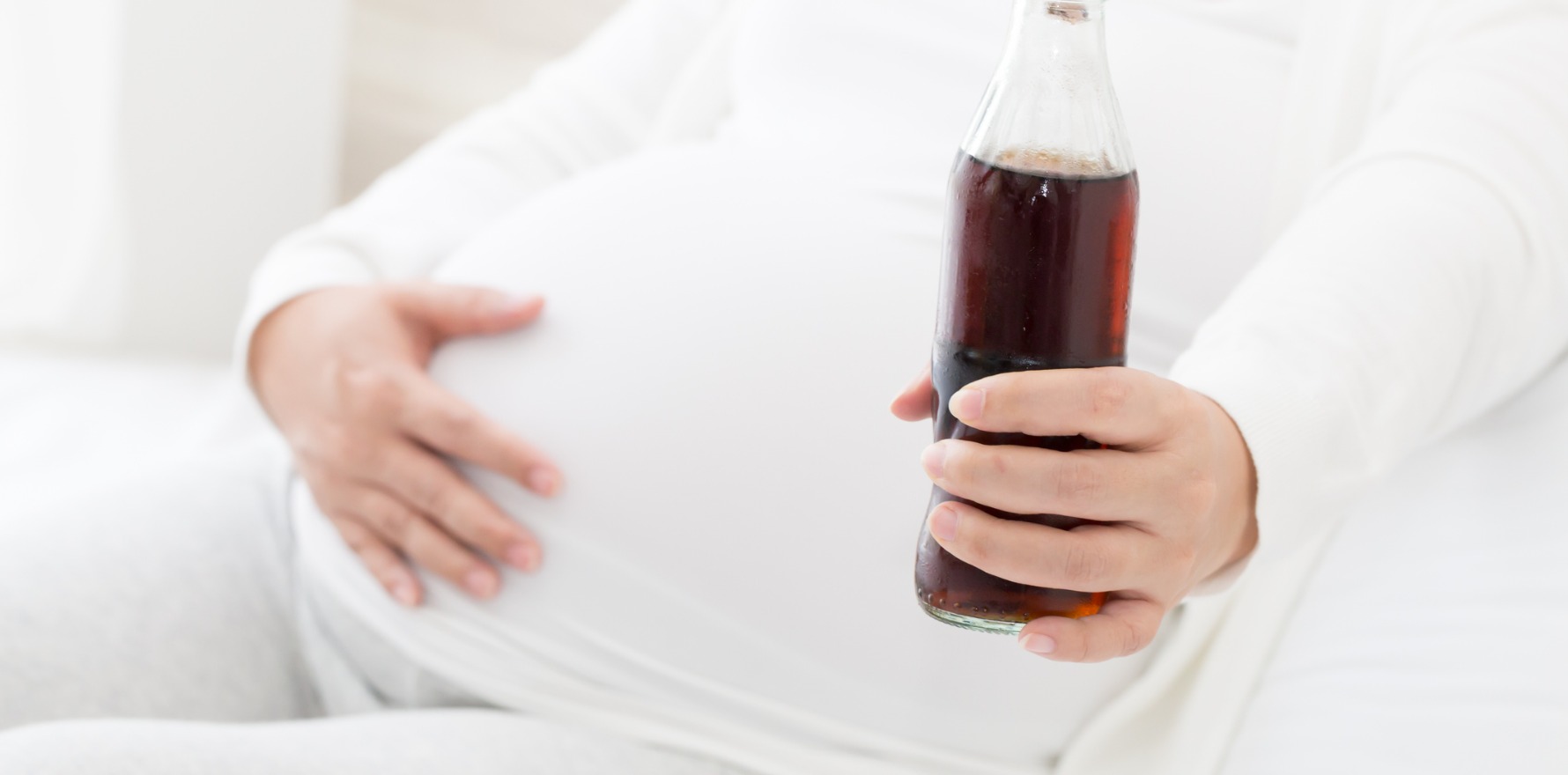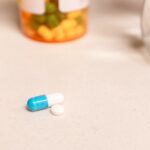A Norwegian study has found a link between daily maternal consumption of soft drink and ADHD symptoms in the child.
The health risks of sugar-laden soft drinks have been well documented in recent years – from cancer and cardiovascular disease to obesity and even premature death to name a few.
And a Norwegian study, published in the European Journal of Nutrition, has now found a link between daily maternal consumption of soft drink and ADHD symptoms in the child.
This study was based on the Norwegian Mother, Father and Child Cohort Study (MoBa) and the Medical Birth Registry of Norway. Maternal diet mid-pregnancy was assessed using a food frequency questionnaire and a questionnaire when their child was aged eight.
“The high dietary intake of sugar in food and beverages in Western diets has raised much concern,” the authors wrote.
“Soft drinks (soda or fizzy drinks) are non-alcoholic carbonated beverages either sugar-sweetened or artificially sweetened. In Norway, sales of carbonated beverages have increased tenfold since the 1950s.”
In the study sample of mother from pregnancy to the child turning eight (total 39,970), 87% (34,571) of the mothers reported no daily intake of sweetened carbonated beverages during pregnancy, while 13% (5299) reported on daily serving or more.
In women who reported no daily intake of these drinks, the absolute risk of the child having six or more ADHD symptoms at eight years of age was 3.4%, while the absolute risks in women drinking one or more daily servings was 4.5%
The authors concluded the that maternal intake of soft drinks in pregnancy was associated with an increase in ADHD symptoms among offspring at eight years of age. Their attempt to control for unmeasured familiar factors in sibling analyses strengthened the evidence for an association between daily soft drinks intake and ADHD symptoms, but with wide confidence intervals.
“The magnitudes of associations in this study are weak, suggesting soft drinks only plays a minor role in the aetiology of ADHD,” they conceded.
“However, further research into causal agents is warranted, as sweetened carbonated beverages are common exposures, and even a little reduction of risk may still be of importance for children’s ADHD symptoms at the population level.”
However, even a slight identifiable risk offers an opportunity for health care professionals to have a conversation with their patients.
“The identification of modifiable early-life risk factors, including nutritional factors, is also important, as such information could potentially offer opportunities for primary prevention,” the authors wrote.
High maternal intake of sucrose and sugar-sweetened beverages during pregnancy has been linked to adverse outcomes in human offspring, as well as in animal models. In pregnant mice, prenatal sucrose diluted water has been associated with changes in the dopaminergic system and increased impulsivity and decreased attention.
“In humans, a relatively small study reported that maternal sucrose consumption was negatively associated with childhood cognition scores at seven years of age,” the authors wrote.
“Sugar-sweetened beverages during pregnancy have also been associated with other outcomes, such as preterm delivery and congenital heart defects.”





